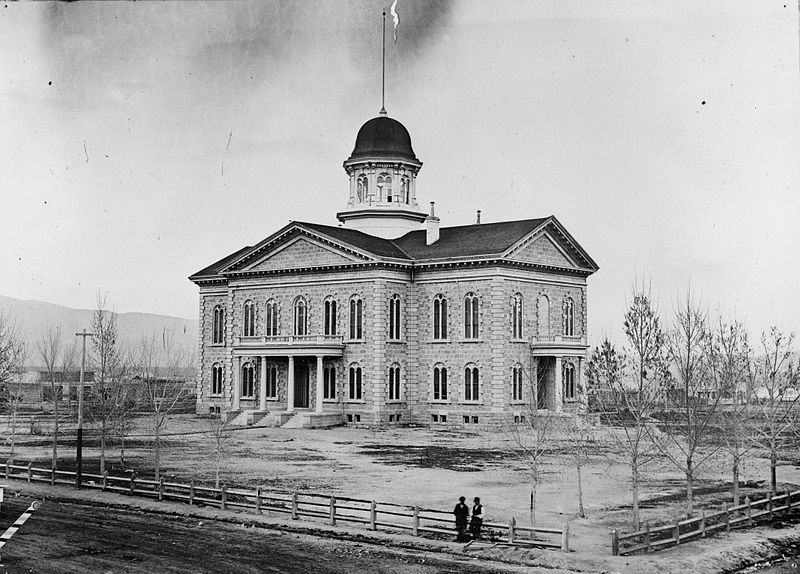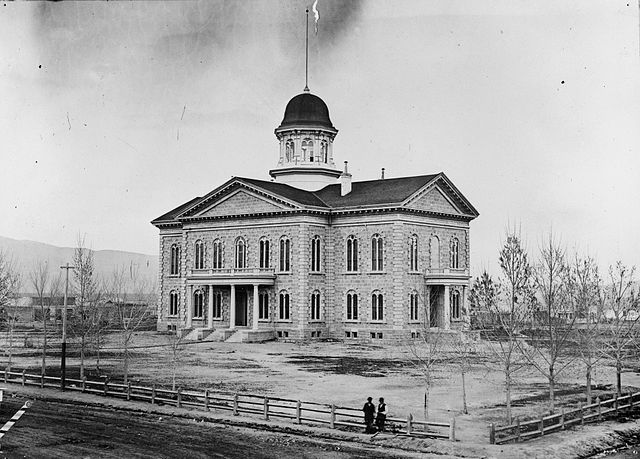Nevada Short Trial Rules
Over the past several months, Nevada attorneys and federal judges have collaborated to draft Short Trial Rules,. Short Trial Rules grant parties involved in Civil cases the opportunity to participate in an expedited, condensed trial.
How do these trials work?
Short Trials are voluntary. To participate, parties must execute an Agreement for Short Trial and a Request for Approval. The agreement is not effective until it has been reviewed by the presiding judge. To begin a short trail, participating parties must submit a Stipulated Scheduling Order and Discovery Plan. Each participating party must meet with the presiding judge to confer, exchange documents, identify witnesses, and execute a discovery plan. No later than 7 days before the pretrial conference, each party shall prepare a joint pretrial memorandum containing a brief statement of the nature of the claim(s) and defense(s); a list of witnesses, a list of exhibits, and any other matters to be discussed at the conference. The parties shall also submit all evidentiary objections to reports, documents, or other items. No later than 10 days before the scheduled trial date, the presiding judge should hold a conference with the parties to discuss matters relative to the trail.
Parties are encouraged to use written reports and declarations in place of oral testimony. The jury shall be composed of 4 members. Plaintiff(s) and defendant(s) are allowed up to nine hours each to present their cases. Judgment shall be entered upon the short trial jury verdict form in a jury trial. Parties to cases in the short trial program may agree at any time that the results are binding, final, and non-appealable. If the parties do not agree that the results are binding, any party shall have the right to file a direct appeal of the final judgment to the United States Court of Appeals for the Ninth Circuit. Only under extraordinary circumstances, may a request for continuance be granted.
For more information on the Short Trial Rules, please contact us.


